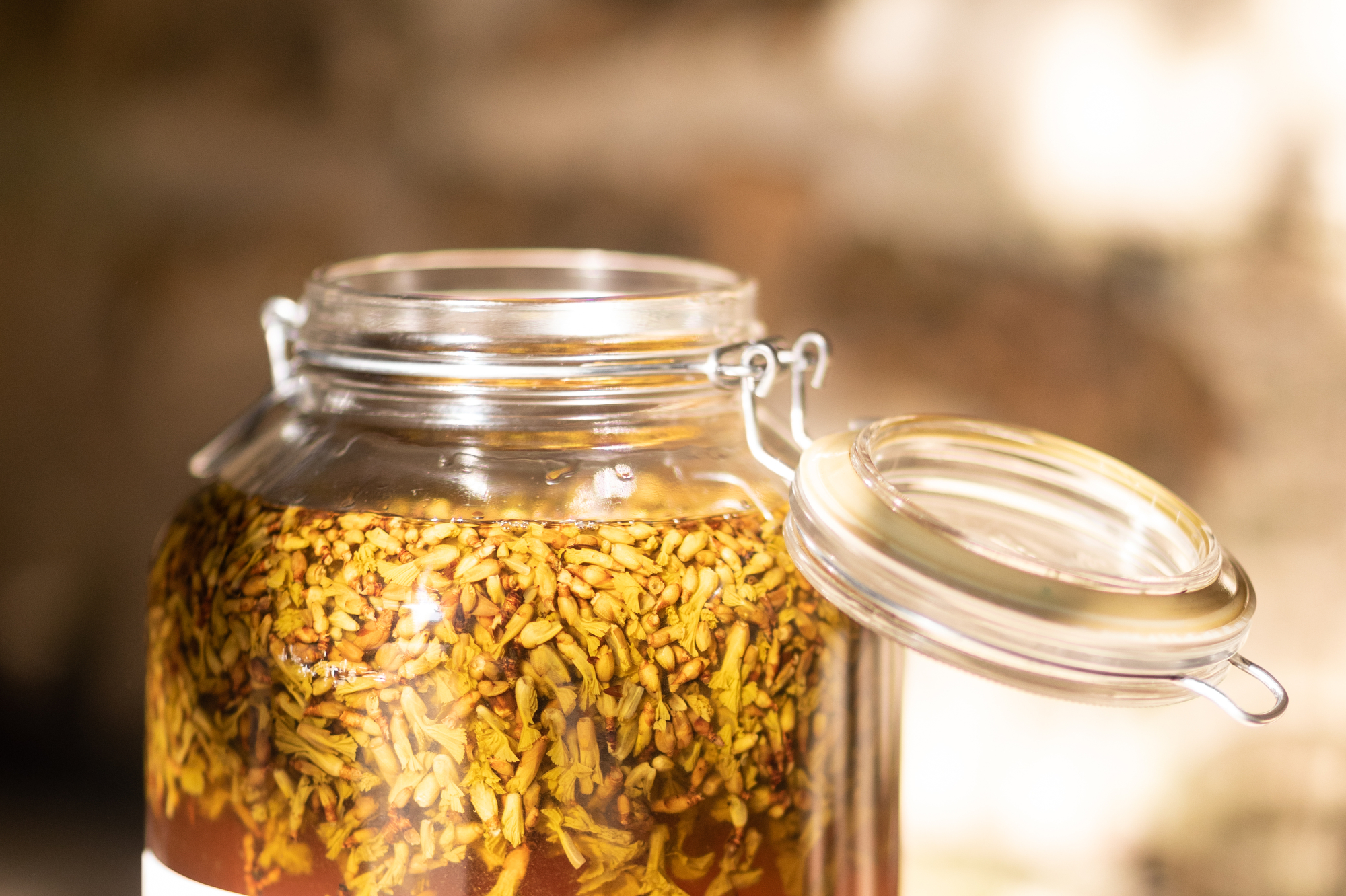
Essential oils are nature's treasures, offering a multitude of benefits for our well-being. However, it is important to be aware of certain precautions when using them, in order to avoid any potential risks.
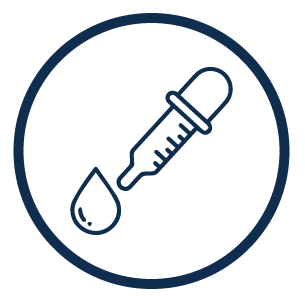
Follow recommended dosages
Essential oils are extremely concentrated and powerful. It is therefore crucial to respect the recommended dosage when using them. Overuse can cause adverse reactions, including skin irritation, headaches or respiratory problems. Before using an essential oil, find out which dosage is right for you.
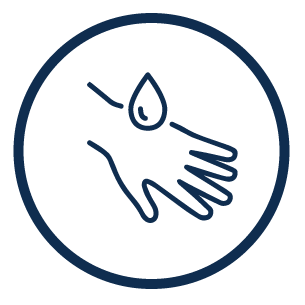
Do a skin tolerance test
Before applying an essential oil directly to your skin, we recommend you carry out a skin tolerance test. Dilute a few drops in a neutral vegetable oil (such as sweet almond oil) and apply this preparation to the inside of your wrist. Wait 24 hours to observe any allergic reaction or irritation. In the event of redness, itching or burns, avoid using this essential oil on your skin.

Avoid contact with eyes and mucous membranes
Essential oils should never come into direct contact with eyes or mucous membranes, as they can cause severe irritation. In the event of accidental contact, rinse immediately with clean water for several minutes. If irritation persists, consult a health care prof
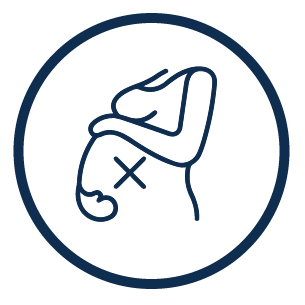
Not for use by pregnant women and young children
Some essential oils may present risks for pregnant women, infants and young children. Before using essential oils in these situations, it's best to seek the advice of a qualified health professional. There are safe and suitable alternatives for these people, so be sure to get the facts.
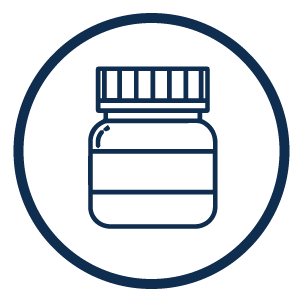
Beware of drug interactions
Essential oils may interact with certain medications. If you are taking medication, consult your doctor or pharmacist before using essential oils. They will be able to inform you about possible interactions and give you specific recommendations.

Do not ingest without medical advice
Ingestion of essential oils is not recommended without medical advice. Essential oils are often used in aromatherapy by inhalation or dermal application, but ingesting them can present serious health risks. If you wish to use essential oils internally, consult a qualified health professional.

Store them properly
Essential oils should be stored in colored glass bottles, away from light and heat. Keep them in a cool, dry place, out of reach of children and pets. Be sure to close the bottles tightly after each use to prevent any alteration in their properties.

Use quality essential oils
The quality of essential oils is essential to guarantee their efficacy and safety. Choose certified organic essential oils from reliable sources. A quality essential oil will be pure, undiluted and distilled or extracted in compliance with the appropriate standards.

Pay attention to individual reactions
Everyone reacts differently to essential oils. What works for one person may not work for another. Be aware of your own reactions and adjust the use of essential oils accordingly. In case of doubt or adverse reaction, discontinue use and consult a health care professional.

Get informed and trained
The use of essential oils requires specific knowledge. It is essential to obtain information from reliable sources and to train with qualified professionals. You can follow aromatherapy training courses or consult specialized books to deepen your knowledge. Responsible use of essential oils requires in-depth knowledge of their properties and how to use them.
By following these 10 precautions for use, you can safely enjoy the benefits of essential oils. Don't hesitate to consult a health professional or aromatherapy specialist for personalized advice. Take care of yourself and your well-being naturally with essential oils!










